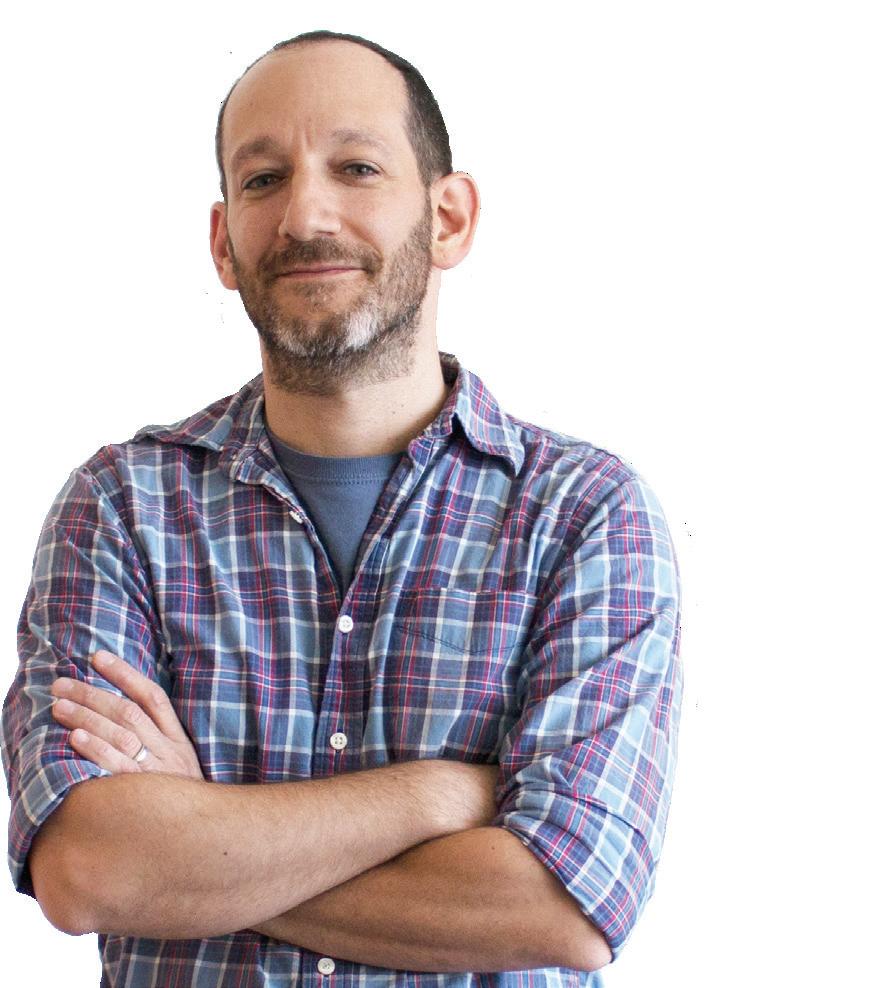
5 minute read
SCHOOL UPDATE
INTRODUCING THE CENTER FOR COASTAL SOLUTIONS
by Diane Choate and Reba Liddy
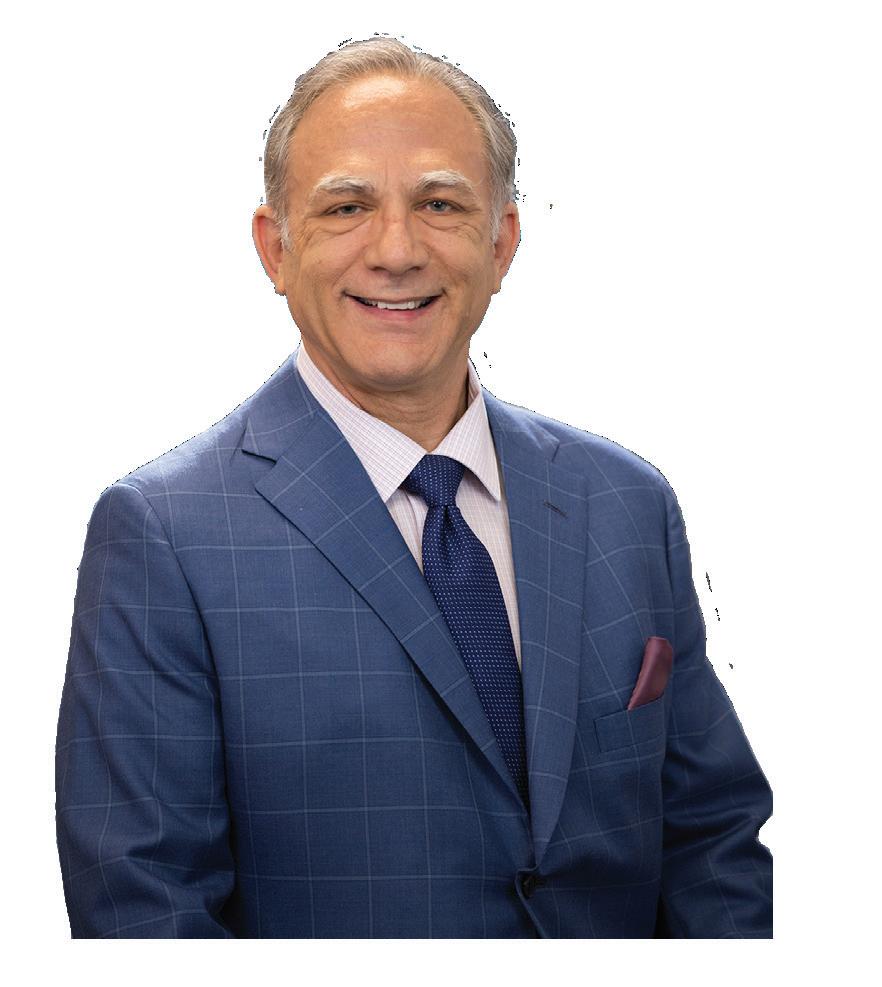
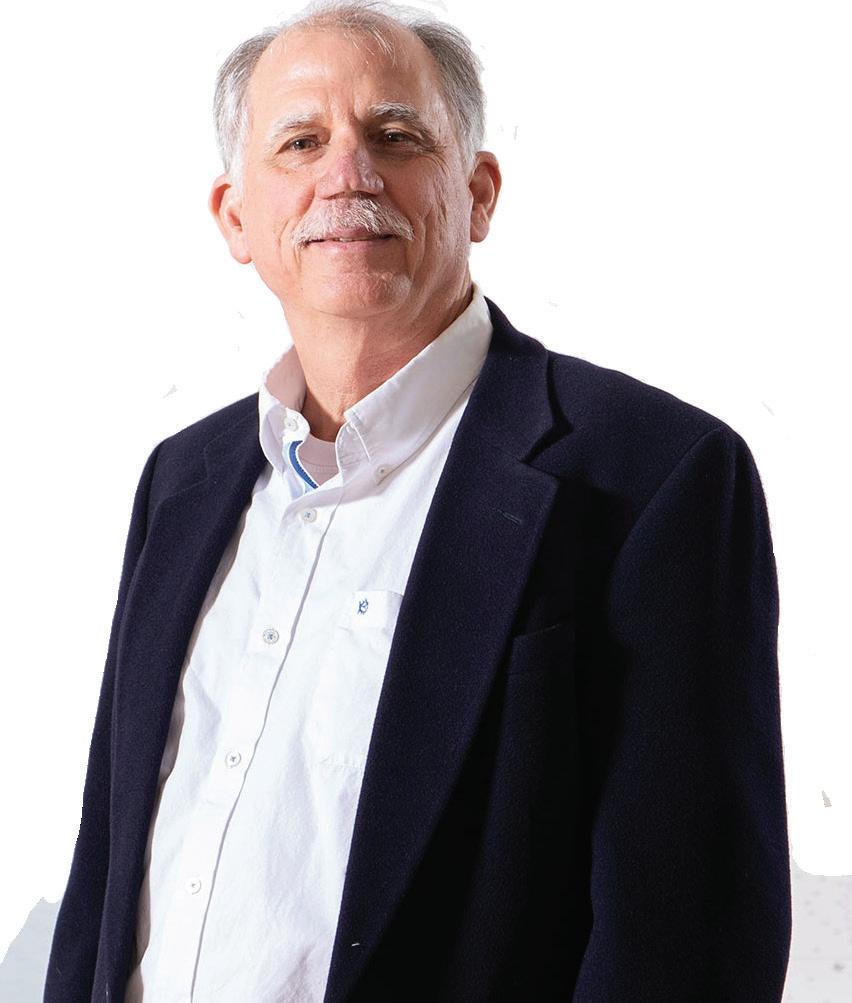
CCS LEADERSHIP
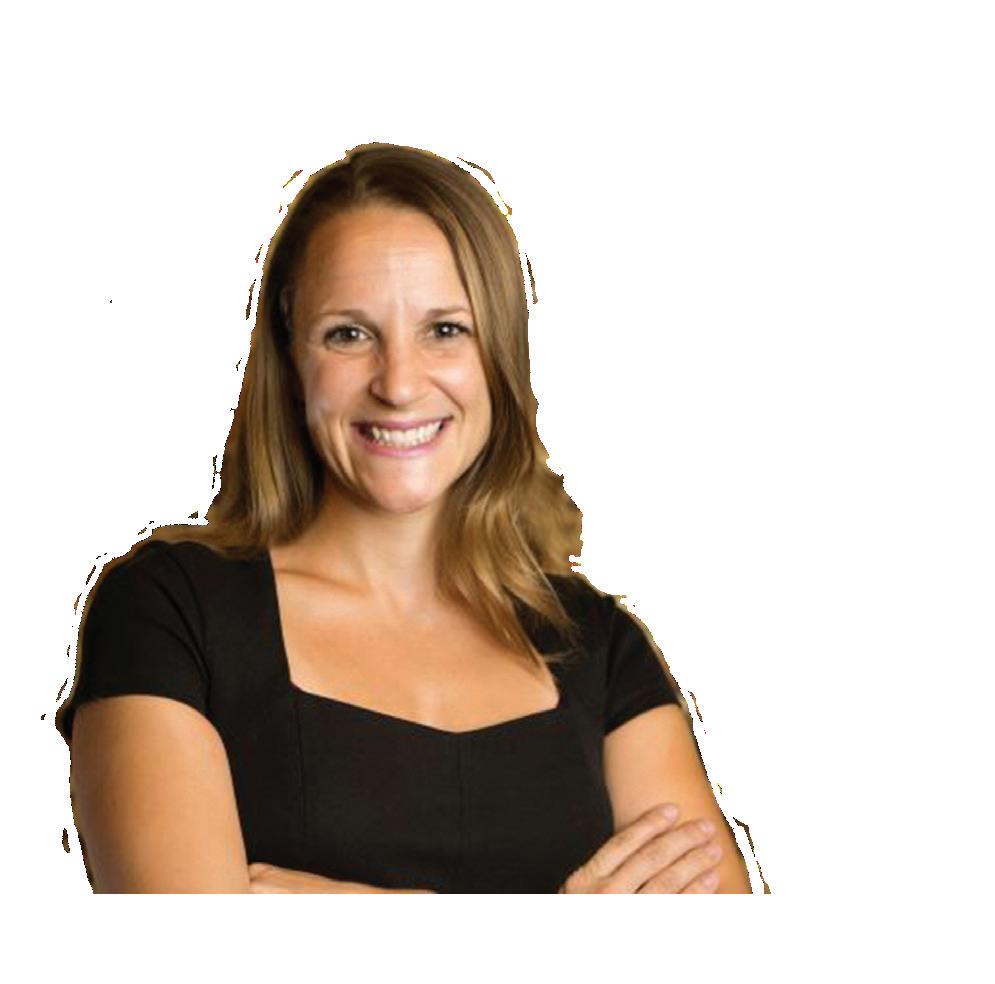
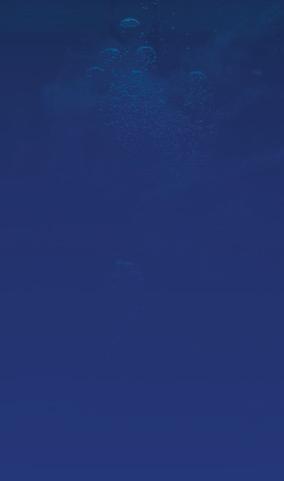
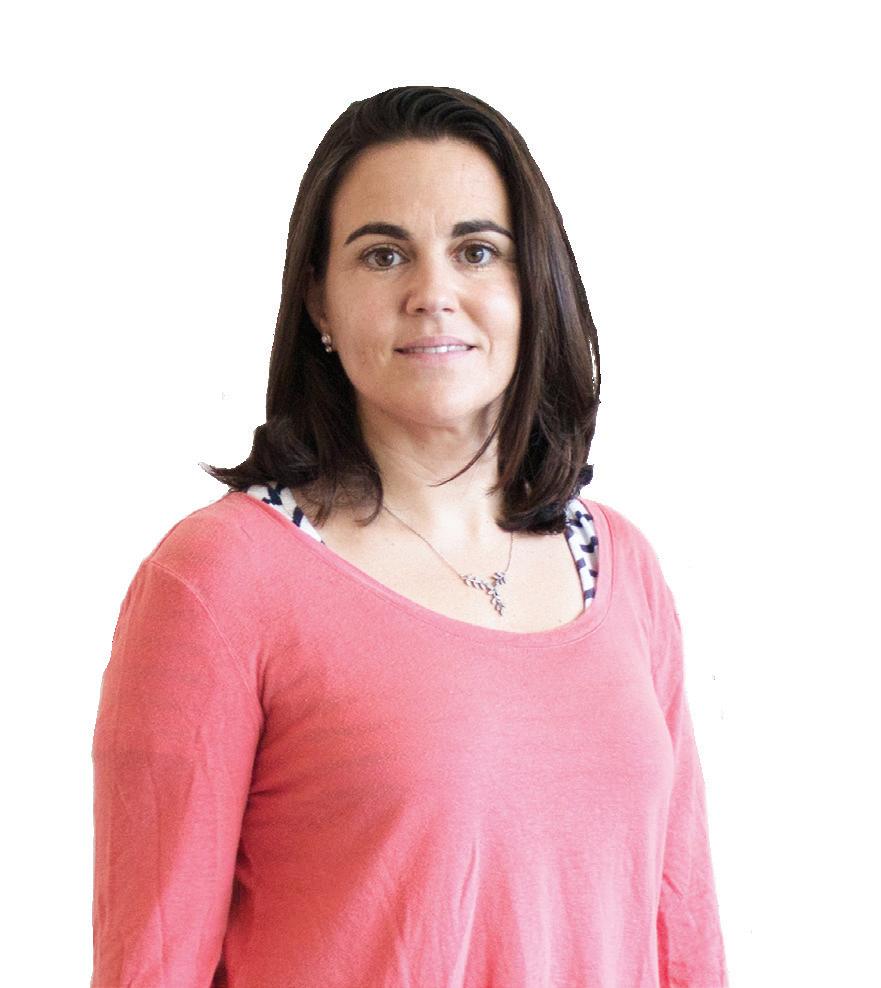
Christine Angelini, Ph.D. CCS Director and ESSIE Associate Professor Thomas Ankersen, J.D. Law Professor, UF Levin College of Law Paul Gader Ph.D. Computer & Information Science & Engineering and ESSIE Professor David Kaplan, Ph.D. CCS Associate Director and ESSIE Associate Professor Maitane Olabarrieta, Ph.D. CCS Associate Director and ESSIE Associate Professor
Capitalizing on emerging technologies, artificial intelligence, diverse expertise, and multi-sector collaboration to understand, predict and prevent environmental, health, and economic threats to coastal communities. It will improve the quality of life and economic health of coastal residents in Florida and the United States by innovating the smart sensor networks, AI technologies and Earth Systems modeling.
CCS COLLABORATES WITH OCEAN CONSERVANCY TO RESEARCH DISCHARGE IN TAMPA BAY
CCS PARTNERS WITH SAS TO EXPAND ARTIFICIAL INTELLIGENCE EFFORTS IN COASTAL COMMUNITIES
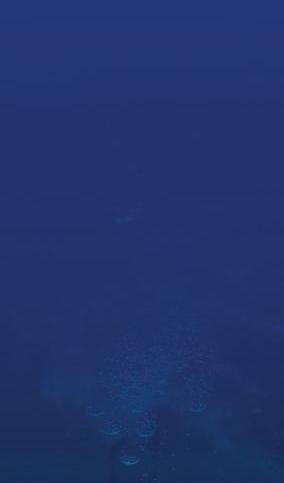
Scientists in the University of Florida’s newly established Center for Coastal Solutions (CCS) and collaborators from the Ocean Conservancy are researching and tracking the ecological effects of the Piney Point reservoir leak into Tampa Bay.
Over the course of a week, millions of gallons of wastewater were discharged into Tampa Bay, which could cause algal blooms among other effects, leading to the depletion of marine life.
The collaborative effort will identify where critical research gaps exist in current plans. Since the formation of the partnership Elise Morrison, Ph.D., an environmental engineering sciences assistant professor, has collected samples to analyze per- and polyfluoroalkyl substances (PFAS) substances and any other emerging contaminants. Andrew Altieri, Ph.D., an environmental engineering sciences assistant professor, plans to support the Sarasota Bay and Tampa Bay Estuary programs with their assessment of the changes in macroalgae and seagrass abundance in the water.
Personnel at Florida Sea Grant, Tampa Bay Estuary Program, and Sarasota Bay Estuary Program were instrumental in obtaining initial samples. Coordination is ongoing for future sample collection with these critical partners.
The CCS and SAS Institute (SAS) entered a strategic partnership to develop tools, training programs, curriculum and research that will continue to trailblaze around the UF AI initiative and the Herbert Wertheim College of Engineering. The partnership began in January to integrate the center’s cutting-edge research and SAS’ industry leading data analytics to develop practical solutions to issues surrounding coastal communities. “Through our collaboration, the CCS is in a unique position to leverage large amounts of environmental data that have been collected by state government and others to better understand why harmful algal blooms and other coastal water quality hazards form when and where they do,” said Christine Angelini, Ph.D., CCS Director and associate professor in Environmental Engineering Sciences. “SAS brings tremendous experience working with government and private sector clients in Florida and is an excellent partner in designing a process and program for how to deliver useful information to these stakeholders.”
According to Dr. Angelini, researchers in CCS will use SAS Viya, a comprehensive data platform, “ to aggregate, analyze and visualize environmental data from different time periods and locations that are critical to solving coastal problems.
“Our overarching goal is to work side-by-side with SAS to develop the analytical tools needed to be more proactive,” Dr. Angelini added. “There are currently vast amounts of environmental data available, but it is underutilized. Together with SAS, the CCS is drawing new knowledge and predictive intelligence from this data to provide Florida the solutions needed to measurably improve the health of coastal waterways, ecosystems and communities,” she added.
CCS was created in 2020 to predict and mitigate the effects of poor water quality and climate change on coastal communities and ecosystems. It brings to this partnership worldclass expertise in AI, oceanography, hydrology, ecology, economics, public health, policy and other fields, disciplines that are all being drawn upon to understand and draw actionable information from the data analysis that SAS is providing.
The partnership will give SAS an opportunity to expand in the environmental data analytics space and hire the brightest students from the University of Florida with these highly sought-after skills. With over 40 years of analytics innovation, the SAS’ comprehensive data platform will enhance UF’s AI and data analytics research and provide immediate support for faculty and student research.
“The work that CCS is doing to protect our coastal communities will be critical to protecting Florida’s future. SAS understands how important this work is to future generations of Floridians and believes that data analytics is a key piece to finding solutions in collaboration with CCS,” said Brian Logan, a SAS account executive. “The work that CCS is doing is extremely important but can often be laborious and time consuming before any insights are found, especially when it comes to data. SAS’ goal with this partnership has always been to help the CCS team use data analytics and artificial intelligence to speed up their research for better results faster.”
Ultimately, this establishment of newly applied data analytics and visualization training programs will combat environmental hazard impacts to coastal communities throughout the state.
“The combination of our capabilities and an international leader in data analytics certainly sets our program apart from others working in this space,” Dr. Angelini said.
OUR OVERARCHING GOAL IS TO WORK SIDE-BY-SIDE WITH SAS TO DEVELOP THE ANALYTICAL TOOLS NEEDED TO BE MORE PROACTIVE. - - CHRISTINE ANGELINI, PH.D.
SOLVING GRAND CHALLENGES
The CCS is applying an ‘open source model’ to understand and solve the challenges posed by coastal hazards. We will integrate the exceptional expertise and resources available across UF, as well through our network of public and private sector partners to innovate vital, new technologies and develop proactive solutions.
The CCS will play a central role in coordinating the network to:
■ Employ the most promising new technologies to better monitoring the health of our coastal waters, air, ecosystems and economies
■ Build synthetic Earth
Systems Models to resolve how hazards develop in and move through the coastal zone
■ Communicate near real-time information about hazards to decision-makers and the public
■ Train the next generation workforce to design and implement data-driven, effective solutions




